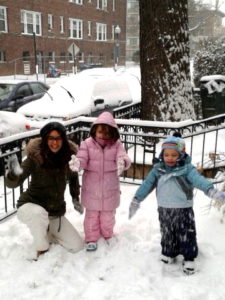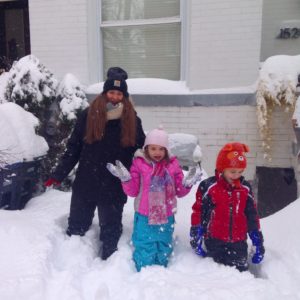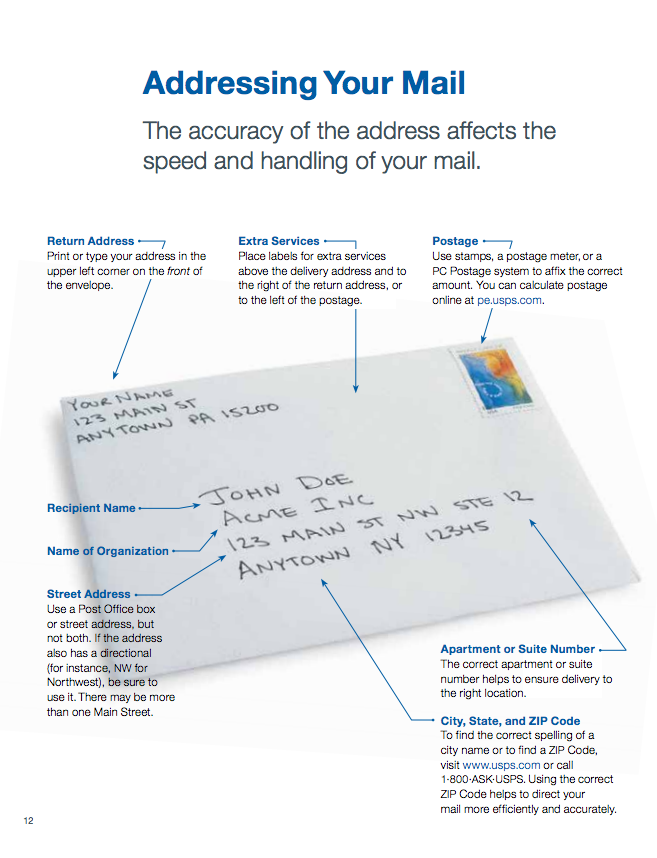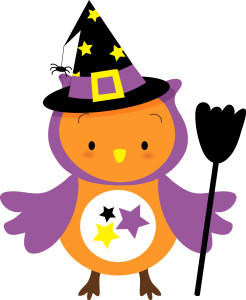Reality Bites
When I moved to DC from the warm South Carolina coast for graduate school, I refused to believe that winter weather would actually arrive and (even worse) stick around for several months.
In September, I was confused by the empty hooks hanging in the back of all of the classrooms. I couldn’t imagine that in a few short months each hook would be holding a winter coat.
In October, I ignored the racks of coats and stacks of sweaters displayed in all of the stores. My lightweight jacket and jeans seemed to work just fine.
In November, I dashed to and from the car, grateful for the warmth and heat inside my house and university. “It’s just a cold snap,” I told myself.
And then it snowed.
I watched my neighbors shovel their sidewalks and head off to work. I checked the university website and was shocked that classes hadn’t been canceled. December had arrived and I was living in DC without a hat, gloves, scarf, or boots. I slipped and slid my way to my car, carefully drove to Nordstroms (marveling at the snow plows clearing the roads), and bought the only pair of snow boots left in the store.

Photo credit: Catherine McEaddy Holmes
Embrace Your Experience
Two decades later, my closet is fully stocked with coats and everything else necessary to live, work, and play in the winter. Because that’s the biggest lesson I’ve learned about living in a city with winter weather- unless we have a blizzard, people go outside in the cold weather. In fact, they even have fun outdoors.
Children love to play in the snow- and they need the exercise. Staying cooped up inside only leads to grumpiness and fights. It’s much more fun to stay outside and build a snowman. Au pairs need to be prepared to join in the excitement.
For those of you not used to this weather, I understand your dismay. However, I encourage you to take advantage of this unique experience. Embrace the cold weather months as a chance to wear sweaters, try out a pair of gorgeous boots, and experience the snow. The au pair year is over very quickly, and before you know it, you’ll be home again showing your friends and families pictures of the first snowman you ever built.

Photo credit: Catherine McEaddy Holmes
Important Tips*
Dress in Layers – Consider buying sweaters, jackets and long underwear. If you wear several layers, you can take off things to be comfortable. For example, when it might be too warm for a heavy jacket, but too cold for just a sweater, you can combine different pieces of clothing.
Set a Good Example – Host parents will expect you set the example for your kids by wearing a coat when it’s cold outside. You should have a winter coat, hats, gloves, boots, and scarves. Your host kids will fight wearing a coat if you don’t wear one. Think of yourself as a celebrity and everyone wants to look like you — especially your kids.
Check the “Emergency Change of Clothes” – With young children, we often keep an emergency change of clothes in the car, diaper bag or at their school. If you haven’t already switched out the shorts and t-shirt for something warmer, now is the time to do it.
Buy Cold Weather Clothing Now – Many stores have sales this time of year. Target, T J Maxx, WalMart, and Macy’s have lots of outdoor gear in their stores. DSW has tons of warm and stylish boots and has many DC-area locations, including Columbia Heights, Friendship Heights, and Georgetown. Lands End and Amazon are great online alternatives. An even more affordable option would be to go to a thrift shop. There are many in the area and you can often find a very warm jacket for a small price compared to buying one new.
Monitor School Closings and Delays– DC doesn’t get as much snow as other cold-weather places, and school is often canceled or delayed when it snows just a little. Au pairs from Germany, Poland, and other cold-weather countries will laugh at the DC area’s dysfunction in the winter ice and snow. Talk with your host family now, so you can all understand the plan for these inevitable schedule changes.
Fashionably Winterized
It’s possible to look great and still be warm. Here are a few articles to inspire you:
(*Important Tips includes information first posted on Christine Connally’s Au Pair Chatter blog. )


 1. Make Friends – Don’t wait for other au pairs to reach out to you, reach out to them. There are lots of other new au pairs who are feeling the same way you are right now. Set a goal to reach out to one of them each day. Some will respond and some will not. Don’t let that discourage you. No one will ever be mad at you for sending them a message to say hello or ask if they want to do something together. Make friends from various countries and you will also get a chance to practice your English skills together.
1. Make Friends – Don’t wait for other au pairs to reach out to you, reach out to them. There are lots of other new au pairs who are feeling the same way you are right now. Set a goal to reach out to one of them each day. Some will respond and some will not. Don’t let that discourage you. No one will ever be mad at you for sending them a message to say hello or ask if they want to do something together. Make friends from various countries and you will also get a chance to practice your English skills together.





 Halloween (or Hallow e’en) is a celebration
Halloween (or Hallow e’en) is a celebration 



